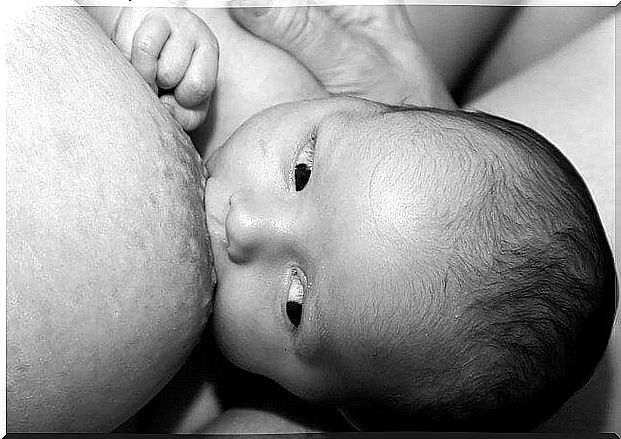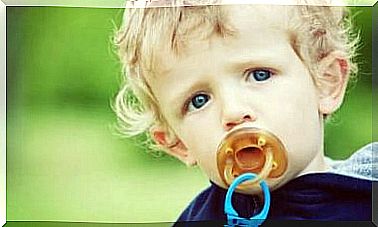Breastfeeding And Work: How To Reconcile?

It is erroneously believed that, upon returning to work, the mother should stop feeding her baby breast milk and replace this food with formula or solid food. No way! Discover how to combine breastfeeding and work!
If you want to continue breastfeeding your baby, as recommended by pediatricians around the world and the World Health Organization (WHO), what you should do first is to get informed.
You should be aware of the regulations and standards that protect the mother and baby in the first few months, the postnatal and breastfeeding leaves that exist in your country, and any regulations on the subject . This way, you can defend your rights and those of your child.
Breastfeeding and work, how to reconcile?
Breast milk is the most complete food you can offer your baby and its consumption is exclusive for the first six months of life. In addition, it is a harmless food, always available and free.

Organization
A few weeks in advance, make a plan for when you’re back at work, who and where you’ll be taking care of your baby when you’re away from home. Prepare a description of the diet and daily routine that you will share with caregivers.
In other words, try to control as many points as possible so that when you get back to work, everything will be fine.
Balance
Motherhood, family, health and success in life are all about balance. Avoid jumping into the workday entirely in the first few days. Go step by step. If in your case it is possible, start with half a day and keep increasing the hours.
breast milk bank
Breastfeeding organizations worldwide recommend setting up a breast milk bank at home . Breast milk can remain frozen for up to three months without its composition changing and for up to 48 hours without refrigeration.
The milk bank is very sensitive. You will need special glass, plastic or airtight bags for food storage. In them, you must put the milk you extracted and keep it in a refrigerator . It is recommended to keep a milk bank for up to 15 days of conservation.

Introduction to the caregiver
A few days before your return to work, meet with the caregiver to review key baby care points.
For example, if her arrival time coincides with the baby’s breastfeeding time, ask her to wait for her. So, you can breastfeed peacefully. Likewise, make breastfeeding times coincide with the time before leaving work.
If you have left your child in the care of a family member at home and the family is close to work, you can both arrange to meet so that you can nurse him/her during your spare time. Another option is for you to go to the nursery or nursery school to breastfeed.
milk extraction
To maintain milk production and prevent your breasts from being affected by not being able to breastfeed the baby at the corresponding times, express the milk . Talk to your boss, especially so that you have the necessary conditions. If you have colleagues in a similar situation, share your doubts with them.
Extract milk safely and comfortably. Just five minutes per breast is more than enough. Store the milk in an airtight and sealed sterilized glass container and keep it in the refrigerator at work. Take it home in a cooler, ice pack, or a Styrofoam box.
Decide guilt free
Balancing breastfeeding and work is not easy. Breastfeeding is a decision that requires commitment and causes some fatigue. But you must do it for your child and your health. It’s a gesture of love that you’ll find pay off later, when your baby has grown up healthy and happy.
Also, consider that only feeding with breast milk will bring less risks and illnesses. In other words, the time you devote now to continue breastfeeding later will be a huge savings for worries, sadness, and absence from work.
However, if in the process you notice stress, irritation, pain, fatigue, or begin to avoid extraction, it’s time to reconsider your decision, no blame. Your well-being is inextricably linked to your child’s. Don’t feel bad if you decide or can’t continue to breastfeed.








